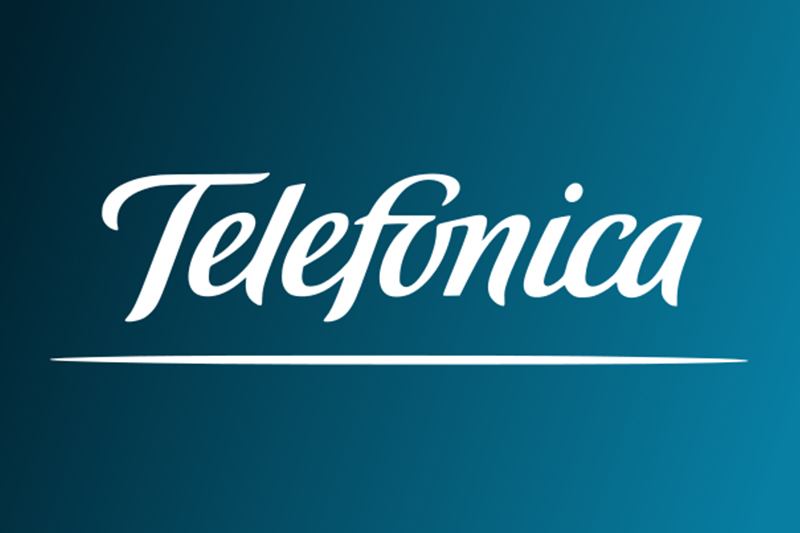By Leila Abboud and Sarah Morris
PARIS/MADRID (Reuters) - Spain's Telefonica has made a 6.7 billion euro (6.71 billion pounds) bid to France's Vivendi for its Brazilian broadband unit GVT, seeking to strengthen its position in a market that accounts for one-fifth of revenue.
The surprise move comes after Vivendi, led by its chairman and largest shareholder Vincent Bollore, said in late June it wanted to keep its last remaining telecom asset despite repositioning itself as a media company.
The French company said that none of its units were for sale but it would consider Telefonica's offer at its next board meeting at the end of August.
Analysts however have speculated that Bollore would be open to shedding GVT at the right price, and say Telefonica's bid is likely to attract additional suitors for Brazil's fourth-biggest broadband provider.
Telefonica, which owns Brazil's leading mobile operator Vivo, said on Tuesday its offer consisted of an 11.96 billion Brazilian reais ($5.30 billion) payment in cash plus new shares to be issued in Telefonica Brasil worth 12 percent of the larger group.
Telefonica also offered Vivendi the chance to acquire its 8.3 percent stake in Telecom Italia. If accepted, this would help solve the thorny antitrust problem Telefonica has in Brazil where regulators have ordered it to resolve the fact it owns both Vivo and indirectly part of Telecom Italia's Brazilian mobile operator TIM Participacoes too.
Moody's credit analyst Carlos Winzer said Telefonica would not need additional debt since the deal would be financed by a capital increases at the Brazil subsidiary and group level.
"The deal also makes a lot of industrial sense...since it would strengthen Telefonica position in Brazil and prevent a competitor from buying GVT."
BROADBAND PIONEER
Telefonica has long coveted GVT - it lost an initial bidding war to Vivendi to buy the company in 2009.
GVT was founded in 2000 by former Israeli army officer Amos Genish, still CEO, and within a decade it became Brazil's fastest-growing telecom. By focusing on high-speed broadband for the most demanding clients, the upstart operator got ahead of its larger competitors.
As Brazilian mobile growth has fizzled and fewer people use landlines in the past year, the four major operators are now chasing higher-value clients with pay-TV and broadband services that GVT pioneered in the country.
Brazil is a crucial market for the Spanish telecoms giant since it is its second largest cash generator and has growth potential unlike relatively saturated markets such as Germany and Britain.
A purchase of GVT would help the Spanish operator bulk up in fixed telephony and broadband where it is in third place in Brazil with an 18.4 percent share behind America Movil and domestically-owned Grupo Oi. GVT is fourth place with 12.7 percent share.
Telefonica shares had slipped 1.5 percent to 11.82 euros by mid-afternoon while Vivendi's rose 4 percent to 19.65 euros.
OTHER BIDDERS?
If successful, the move could also make mobile consolidation in Brazil less likely, and Telecom Italia shares fell 5 percent as a result.
Telefonica had been pushing for a break-up of TIM earlier this year to solve its regulatory problems, but Oi, its ally in such a effort, has since been weakened by a scandal at Portugal Telecom and is unlikely to be able to lead a bid, sources earlier said.
Telefonica's move could also prompt interest from other buyers. When Vivendi tried to sell GVT in 2012, it attracted a bid from a private equity consortium led by KKR and U.S. satellite television provider DirecTV, which is in the process now of being bought by U.S. telco AT&T.
Vivendi decided not to sell at that time because the bids were too low.
A source familiar with the French company's thinking said on Tuesday that the Telefonica bid was a "good price for a first bid" but that it remained unclear what Bollore wanted to do.
The person added that Telecom Italia could also jump into the fray but that it was probably too early for DirecTV since the AT&T deal was still under regulatory review.
"I think it will come down to a war between the Spanish and the Italians," he said.
"But a decision to sell GVT has enormous implications for Vivendi," said the person, adding that Vivendi did not really have an immediate use for the money.
In addition Bollore just took the reins of the group and has said his aim is to build a coherent media company by acquisitions and by making its pay-TV, music, and Brazilian telecom unit work more closely together.
Vivendi may come to the negotiating table if additional bidders emerge, wrote Liberum analysts in a note.
"We think Vivendi will sell - GVT does not fit in with its stated strategy of being a media and content player."

($1 = 0.7451 Euros)
($1 = 2.2585 Brazilian Reals)
(Additional reporting by Brad Haynes and Guillermo Parra-Bernal in Sao Paulo, James Regan in Paris and Tomas Cobos in Madrid; Editing by Sophie Walker)
